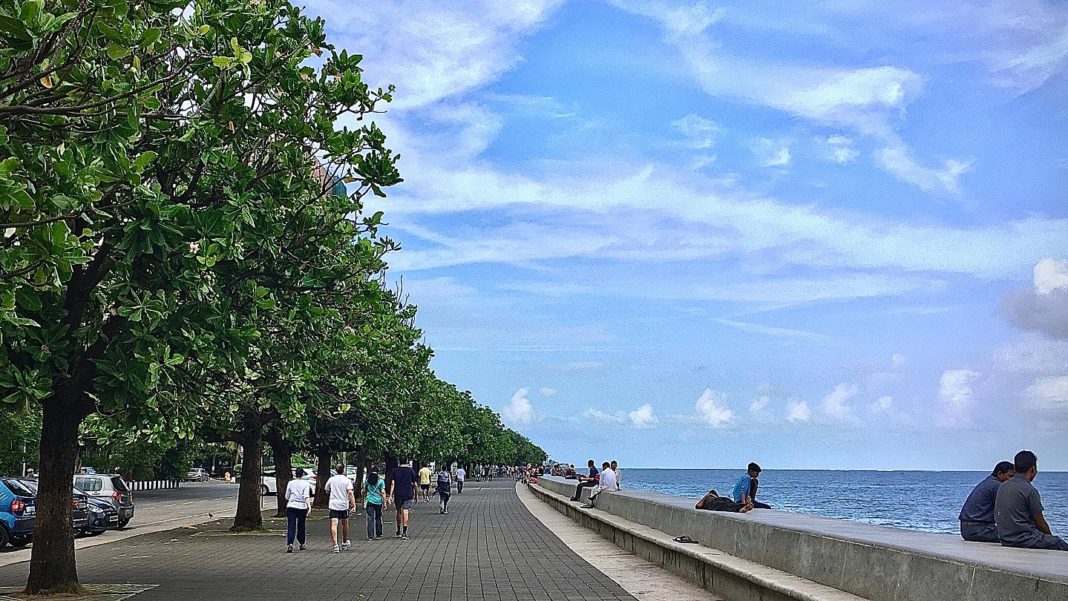The absence of traffic during the confinement, the lower movement of goods in local ports and the fact that there has been no assault of the air from the Sahara ensures that the province of Alicante continues to have one of the lowest levels of pollution in the country
Perhaps the only positive news of the cruel pandemic is that the levels of air pollution in Alicante have been restored to those of 40 years ago and we are all breathing a little after two months of confinement.
The drastic reduction in industrial activity, the lack of traffic, the closure of many factories and with practically everything stopped, the air has been much purer than that inhaled in March, according to a study by Ecologists in Action.
Also key has been the lower movement of cargo in our ports and the fact that there has been no invasion of the extremely hot, dry and sometimes dust-laden layer of air from the Sahara.
Alicante is the city with the lowest pollution in Spain, followed by València. The decrease in pollution levels is 72%, on average, between its 3 measurement stations, with the NO2 (nitro compounds) reduction being 79% in la Florida station, which is the one that usually reaches the highest levels of this pollutant.
The report by Ecologistas en Acción “Effects of the Covid-19 crisis on urban air quality in Spain” prepared from official measurements in 26 cities, concludes that the drastic reduction in traffic continues to translate into an unprecedented improvement of air quality in Spanish cities, well below the legal limits and the WHO recommendations.
For the de-escalation, Ecologistas en Acción proposes maintaining good practices such as proximity shopping, voluntary teleworking and electronic administration, lowering the speed limit on urban roads to 30 kilometres per hour, promoting active pedestrian and bicycle mobility and guaranteeing public transport with new laws.
The greatest reductions have occurred in the cities of Alicante (72%) and València (69%), and the smallest in Oviedo (42%) and Zaragoza (45%).
Madrid has lowered NO2 levels by 59% and Barcelona by 62%, on average. The measurement networks of cities are very different, so their data cannot be accurately compared. Prevailing rainfall and atmospheric instability during spring have also contributed significantly to improving overall air quality. Last month was the rainiest April since records became available
NO2 causes around 7,000 premature deaths each year in Spain, according to the Carlos III Health Institute and the European Environment Agency. It is an irritating gas that aggravates respiratory diseases and reduces resistance to infections. There are many studies that are closely linking the mortality rates of COVID-19 disease with air pollution.
What is clear is that the COVID-19 crisis shows that the structural reduction of motorized traffic and changes in mobility patterns are the best tool to reduce air pollution in cities, even taking into account the exceptional nature of the extreme situation we are currently experiencing.





